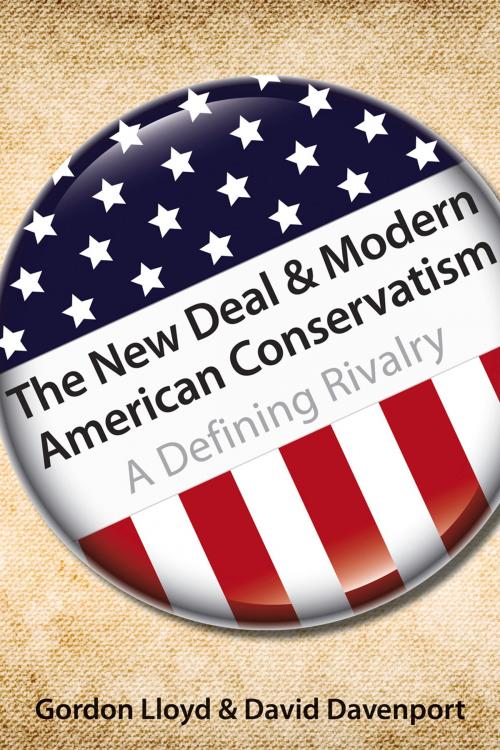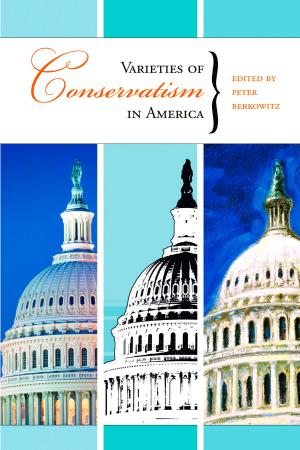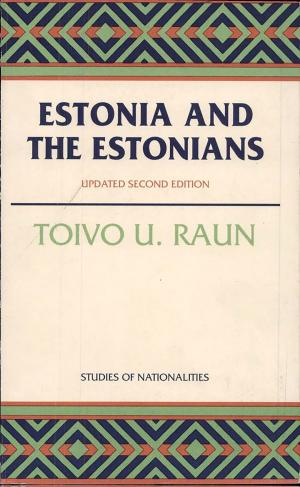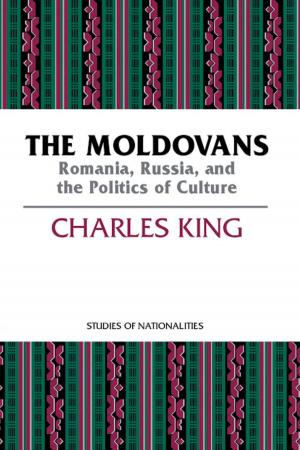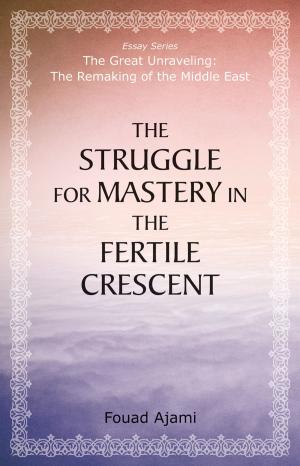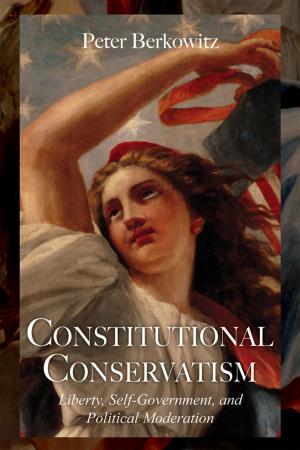The New Deal & Modern American Conservatism
A Defining Rivalry
Nonfiction, Social & Cultural Studies, Political Science, Politics, History & Theory, History, Americas, United States, 20th Century| Author: | Gordon Lloyd, David Davenport | ISBN: | 9780817916862 |
| Publisher: | Hoover Institution Press | Publication: | October 1, 2013 |
| Imprint: | Hoover Press | Language: | English |
| Author: | Gordon Lloyd, David Davenport |
| ISBN: | 9780817916862 |
| Publisher: | Hoover Institution Press |
| Publication: | October 1, 2013 |
| Imprint: | Hoover Press |
| Language: | English |
Providing an often-overlooked historical perspective, Gordon Lloyd and David Davenport show how the New Deal of the 1930s established the framework for today's U.S. domestic policy and the ongoing debate between progressives and conservatives. They examine the pivotal issues of the dispute, laying out the progressive-conservative arguments between Hoover and Roosevelt in the 1930s and illustrating how those issues remain current in public policy today. The authors detail how Hoover, alarmed by the excesses of the New Deal, pointed to the ideas that would constitute modern U.S. conservatism and how three pillars—liberty, limited government, and constitutionalism—formed his case against the New Deal and, in turn, became the underlying philosophy of conservatism today. Illustrating how the debates between Franklin Roosevelt and Herbert Hoover were conducted much like the campaign rhetoric of liberals and conservatives in 2012, Lloyd and Davenport assert that conservatives must, to be a viable part of the national conversation, “go back to come back”—because our history contains signposts for the way forward.
Providing an often-overlooked historical perspective, Gordon Lloyd and David Davenport show how the New Deal of the 1930s established the framework for today's U.S. domestic policy and the ongoing debate between progressives and conservatives. They examine the pivotal issues of the dispute, laying out the progressive-conservative arguments between Hoover and Roosevelt in the 1930s and illustrating how those issues remain current in public policy today. The authors detail how Hoover, alarmed by the excesses of the New Deal, pointed to the ideas that would constitute modern U.S. conservatism and how three pillars—liberty, limited government, and constitutionalism—formed his case against the New Deal and, in turn, became the underlying philosophy of conservatism today. Illustrating how the debates between Franklin Roosevelt and Herbert Hoover were conducted much like the campaign rhetoric of liberals and conservatives in 2012, Lloyd and Davenport assert that conservatives must, to be a viable part of the national conversation, “go back to come back”—because our history contains signposts for the way forward.
